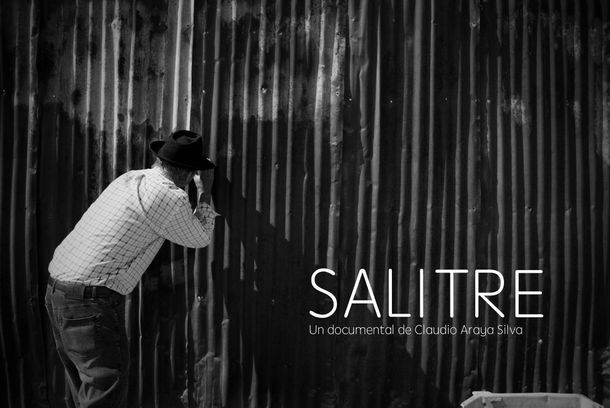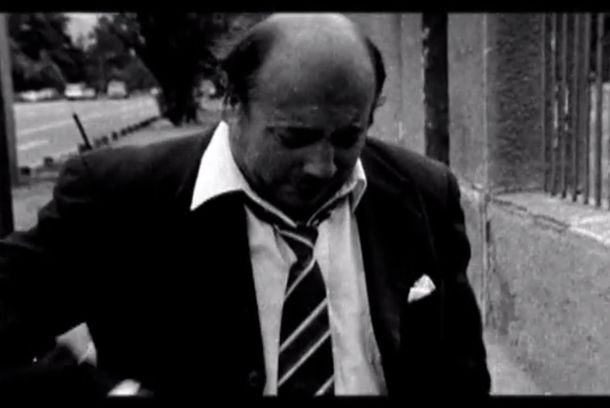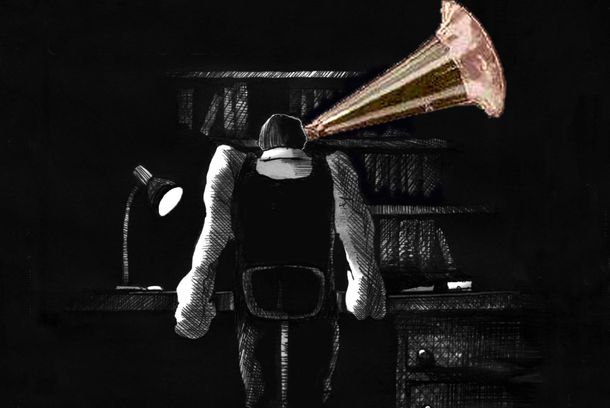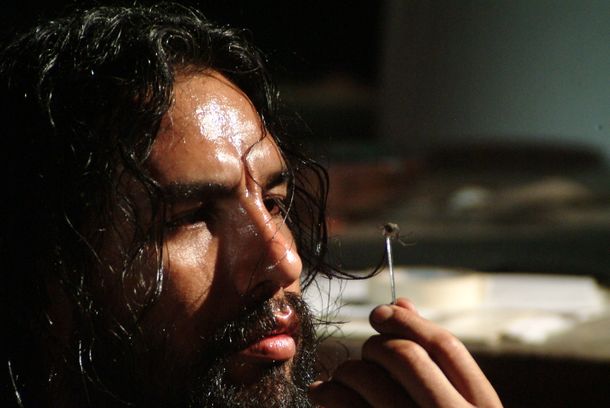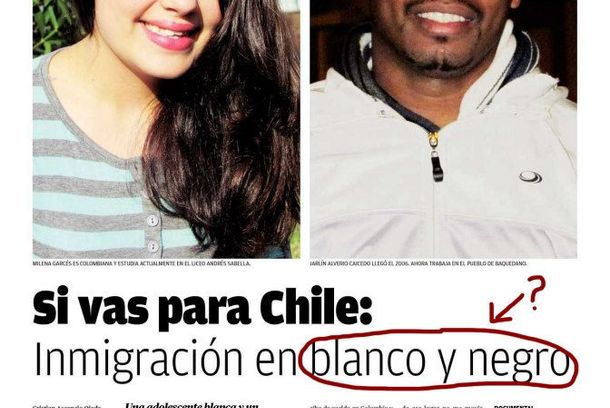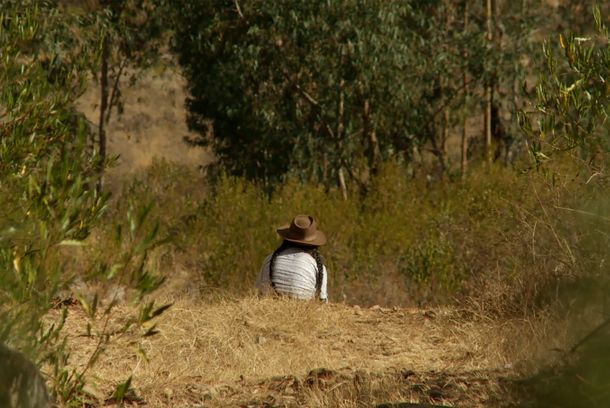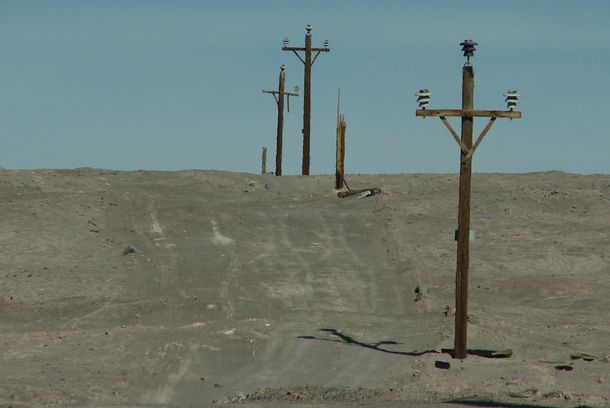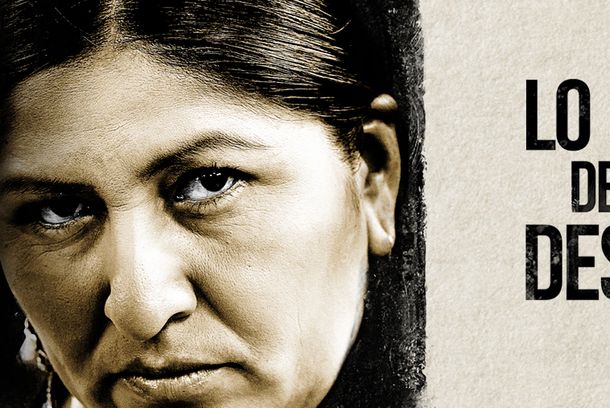Claudio Araya Silva
- Edition
- Berlin 2013 Doc Station 2013
- Country
- Bolivia
- Citizenship
- Chile
- Online
- Website
- Claudio Araya Silva is interested in
- #Collaborative Working #Politics #Human Rights #Film History/ Archiving #Women Empowerment (...)

I was born in 1977 in Santiago, and in 1982 my parents were exiled and sought refuge in Bolivia; this phase initiated a new tone in my life. As depicted in my short film, my world began to talk backwards, and all the fascinating aspects of this experience allowed me to fall in love with a new land as if it were my own. But even through this infatuation, I never lost my feeling of being uprooted. Through cinema I am able to narrate on behalf of my own experience; I am able to develop scenarios that are aligned to my own history. Death and rootlessness evolve themselves as central themes in my work. It is to say, the man who is expelled from his own grounds and brought to live in other contexts, the man who adapts but never really belongs as a whole. The exilement of my parents during the Chilean dictatorship has made this my own reality. In my first documentary, “Los Frágiles Huesos de la Muerte”, I explore the idea of rootlessness; in spanish, “el aterrado” means the man who lives without his own terrain, but has come to mean the man who lives with fear; the distinction between the two denotations highlight a bizarre relationship. Hermenegildo Layme, a man whose wife killed herself, abandons his village to live in voluntary exile. The embarrassment, the poverty, and death plagued his life, and he seeks to explore this fear rather than to live in his own terrain. In my first experimental film, Margaritas Negras, I discuss the existential crisis of confronting death. What would be the last thing you’d be able to say about your life when staring at the face of death? My life and experiences have caused this evolution for the passion that I have for developing stories regarding voluntary exiles, immigrants, and those stripped from everything they know. I initiated my work in theater with the director Diego Aramburo, and started my career in film through autodidactic methods. I studied filmmaking at the University of Chile and received a scholarship through Ibermedia to pursue a Masters in Screenplay in Spain. I also was privileged with scholarships though Tribeca Film Institute and Clacso/Asdi to pursue research.
Sample of Work
